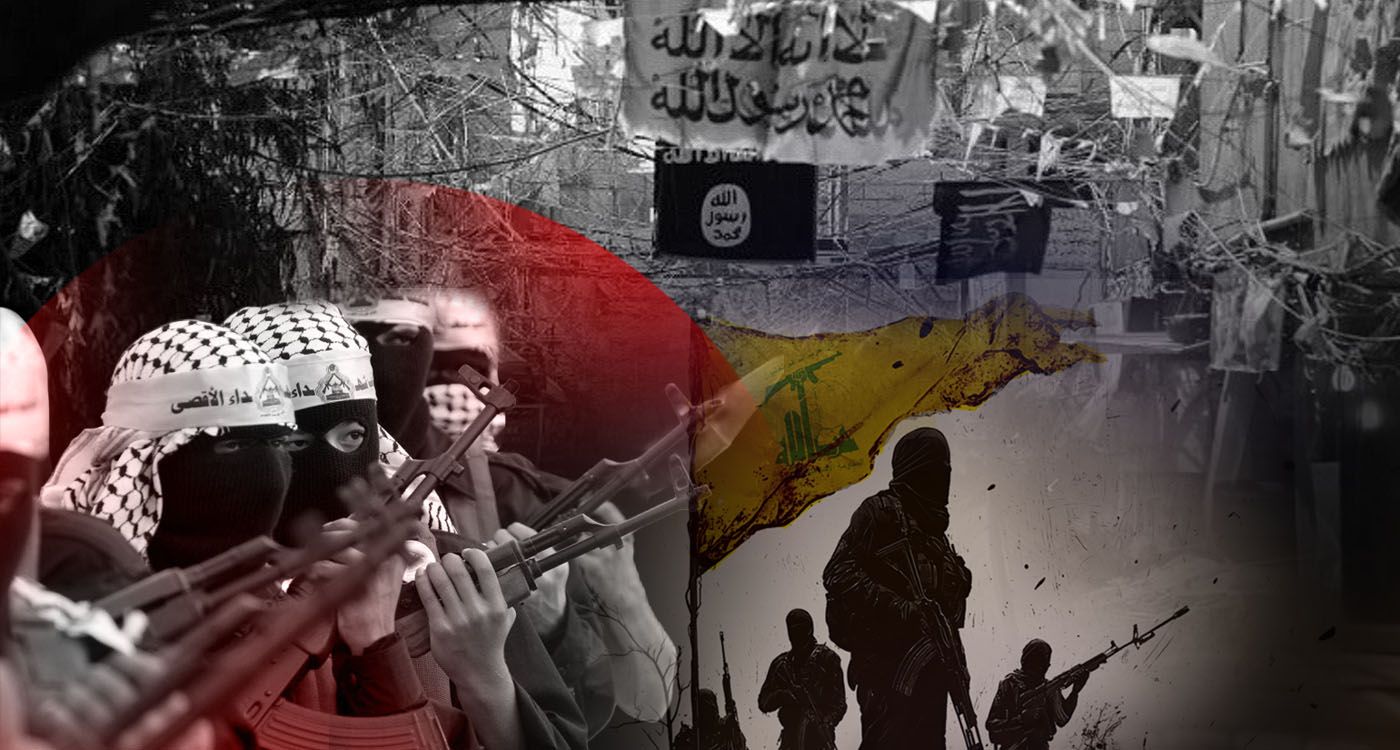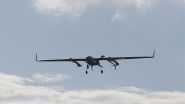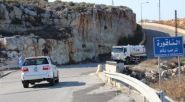
Despite ongoing controversy over the issue of illegal arms in Lebanon, the state remains committed to asserting exclusive control over all weaponry – driven by the dual imperatives of rebuilding national institutions and responding to increasing Western and Arab pressure. The arms file remains one of the most complex and sensitive on the national agenda, generating internal friction and international concern. Yet the current moment marks a serious, if cautious, effort to move toward resolution, beginning with the disarmament of Palestinian factions.
On June 15, the first phase of this disarmament process is set to begin in three Palestinian camps in Beirut – an initiative agreed upon during Palestinian President Mahmoud Abbas’s recent visit to Lebanon. Subsequent phases are expected to extend to other camps across the country. Still, doubts persist about the seriousness and feasibility of implementation, particularly amid skepticism from figures like Hezbollah MP Amin Sherri, who pointed to the lack of consensus among Palestinian factions and the absence of a clear operational plan.
Against this backdrop, the Lebanese state’s approach to Hezbollah’s arsenal remains measured. The presidency and its allies are wary of any misstep that could provoke instability or internal confrontation. While official sources emphasize that any resolution must be reached through dialogue within the framework of a comprehensive national defense strategy, international stakeholders – particularly the United States – view this posture as insufficient and increasingly alarming. Statements from Hezbollah leaders reinforce the impression that the group has no intention of surrendering its weapons, which it continues to present as a symbol of sovereignty and “resistance.”
Meanwhile, Parliament Speaker Nabih Berri affirmed that Lebanon has fulfilled its obligations under the ceasefire agreement by disarming south of the Litani River. As for areas north of the river, Berri and Hezbollah MPs insist the matter is being addressed through internal understandings with the state.
Simultaneously, Lebanon’s political landscape witnessed a notable shift when a media outlet linked to US President Donald Trump launched a direct and unprecedented attack on Berri, hinting at possible sanctions against him and his close associates. The timing of the campaign was widely interpreted as a calculated political message, especially as it coincided with Trump’s remarks in Saudi Arabia warning that Lebanon faces a “last chance” it must seize.
Adding to the pressure, Deputy US Envoy for the Middle East Morgan Ortagus is expected to visit Beirut after June 15, carrying what diplomatic sources describe as a forceful message from Washington. The US is calling for the voluntary disarmament of Hezbollah, citing the example of Iran-backed militias in Iraq. It is also urging the establishment of a phased, state-led plan to resolve the arms issue – aimed at restoring the state’s exclusive authority over all legitimate weapons on its territory.
President Aoun, who previously declared 2025 as the target year for achieving a state monopoly on arms, is pursuing this objective in close coordination with Berri. Sources familiar with the matter note that the decision to initiate disarmament in the Palestinian camps would not have been possible without their combined political will – signaling a serious, albeit gradual, commitment to tackling this longstanding and volatile issue.
By contrast, the Amal-Hezbollah Shiite duo continues to tether Lebanon’s internal security dynamics to broader regional conflicts – from Syria and Gaza to Iran’s nuclear negotiations. According to this camp’s logic, Lebanon cannot resolve its arms dilemma in isolation from regional power arrangements, and any substantive change depends on Tehran’s green light. This reality raises the risk of confrontation or escalation should diplomatic efforts stall.
Against this intricate backdrop, the disarmament of Palestinian camps is not an isolated gesture but rather the opening chapter of a longer-term and state-led strategy to reassert Lebanon’s security sovereignty. Whether the initiative succeeds will depend on unified domestic political will and a broad regional consensus.




Comments